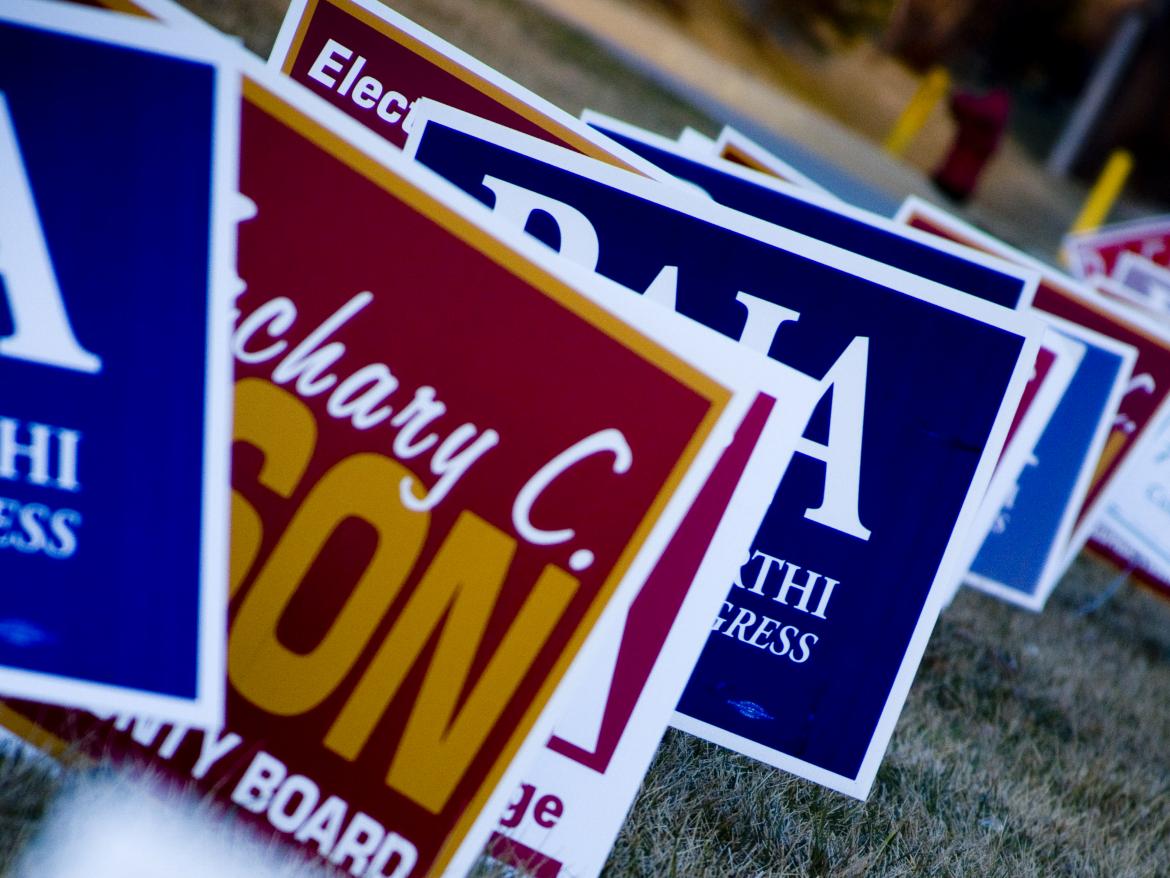FCNL urges Congress and President Obama to act in support of peaceful, transparent, and fair elections in Nigeria.
On the evening of February 8th, Nigeria’s Independent National Electoral Commission (INEC) announced that it would be postponing the impending, and expectedly contentious February 14th national elections by six weeks until March 28th.
The rationale for the delay has been shrouded in confusion. Reasons for the delay have ranged from the deteriorating security situation due to Boko Haram’s growing violent campaign to the lack of distribution of an estimated 30 million Permanent Voter Cards (PVCs). Distribution challenges are most pressing in conflict-riddled Northeast, where more than a million internally displaced people will likely not be able to vote, as well as the South, where in Lagos only 40% of cards have found their way to voters.
With reports of pre-election violence already trending above levels seen in 2011’s election and a flow of arms into areas expected to experience electoral hostility, there is growing concern of what a prolonged electoral season will mean for the security of Nigeria’s citizens. Regardless of the rationale or motivations behind the deferment, the decision has been made and the U.S. must respond to the altered circumstances. The U.S. has a small window of opportunity to better support a severely underfunded and under-resourced INEC and a renewed commitment to a peaceful, transparent, and fair election. In light of the postponed elections and rapidly evolving situation on the ground, we, as religious organizations committed to peace urge Congress and the Obama administration to act decisively.
Quickly assess and support INEC in localities that are severely underfunded and under-resourced so as to avoid a disenfranchisement of the electorate at a scale that could substantially increase the likelihood of fraud, disputed results, and post-election violence.
Support INEC in PVC distribution efforts and the reprioritization of communicating with the public and working with civil society groups to ease and reduce tension, mistrust, and election related violence, an essential component missing from INEC’s efforts thus far.
Assist in identifying and recruiting Nigerian civil society that can assist INEC in messaging operations to the public and convene information sharing events.
Ensure that human rights vetting of Nigerian and other regional security forces that receive security assistance remains robust and strong.
Urge Nigeria’s Inter-Party Advisory Council (IPAC) to facilitate an agreement at the state and local levels among political leaders and political party-affiliated groups promising to refrain from hate speech and violence-inducing rhetoric in public messaging particularly in areas prone to electoral violence.
Support the Nigerian media in highlighting the importance of non-violent participation in elections and coordinating with INEC in disseminating information about PVC distribution and advisory statements on election and adjudication processes in case of contestation of election results.
Urge Nigeria’s numerous security and police forces to respect the rule of law and exercise.
Recommit, in partnership with the Nigerian government, local government subsidiaries, and civil society, to develop a more holistic, longer term strategy, which accounts for the root causes of ongoing insecurity, post-election peacebuilding, and equitable development.
